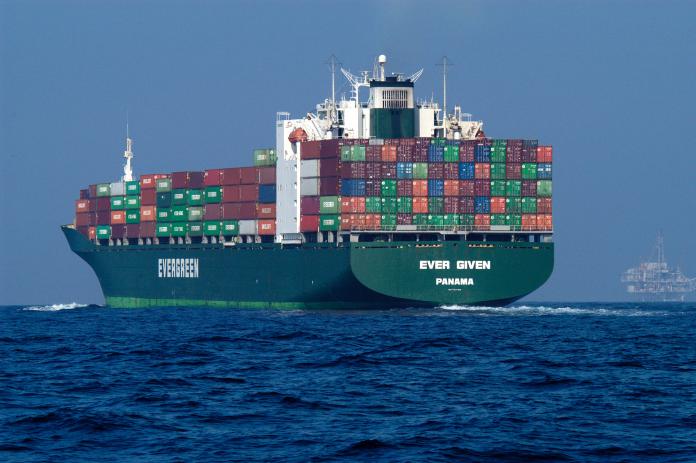The new Azure Container Service (AKS) ability is available from today, although it is currently a beta release. The specific purpose of AKS is to allow organizations to run a hosted version of Kubernetes. Microsoft has released AKS months after it debuted Kubernetes support on Azure Container Service. With the introduction, Azure customers are able to scale clusters more easily for the first time. For those not familiar with Kubernetes, here is a brief summary: “A Google-incubated open source container orchestration system. It has grown in popularity and has been implemented by many providers for managing large container deployments. As well as rolling out support to all customers, Microsoft has also added a couple of new features.” By introducing AKS, Microsoft is giving cloud customers the ability to get automatic upgrades, a hosted control plane, and self-healing capabilities. Microsoft says users will only be charged for the compute capacity and management capabilities will have no extra charge.
Expanding Kubernetes Support
Looking at the offering, Microsoft is clearly making a play for Google’s customers. The rivals’ Google Container Engine Service makes customers pay for larger compute clusters. Microsoft clearly wants to get ahead of Google in Kubernetes support. Back in July, Microsoft announced Kubernetes founder Brendan Burns was joining the Azure team. The former Google engineer became development manager for the platform’s Resource Manager. Burns has been an important driver of development of the orchestration within ACS. Microsoft has been eager to point out that Azure Container Service is a first among public clouds. It is the first to deliver support for the three most popular open source orchestrators.




